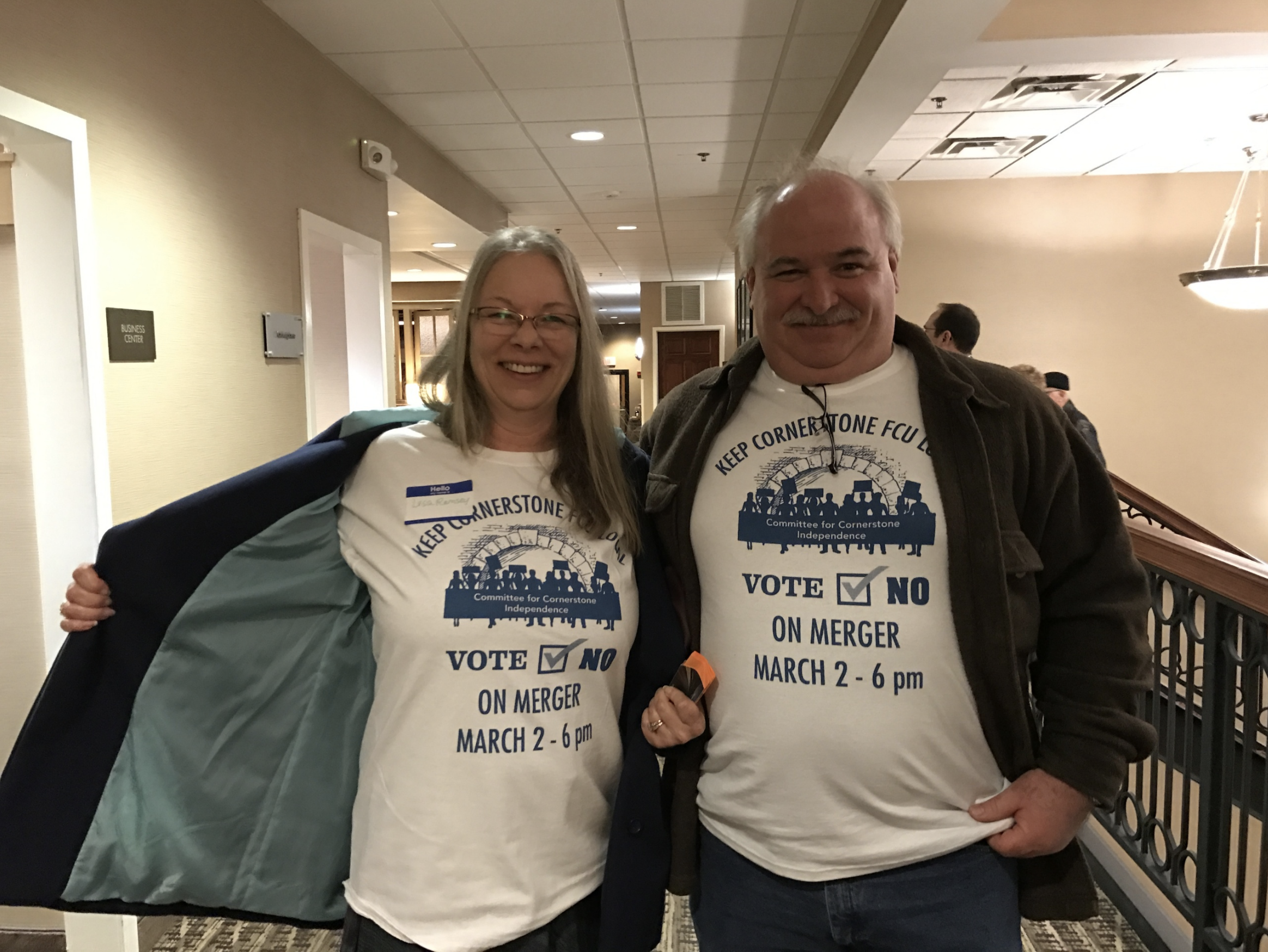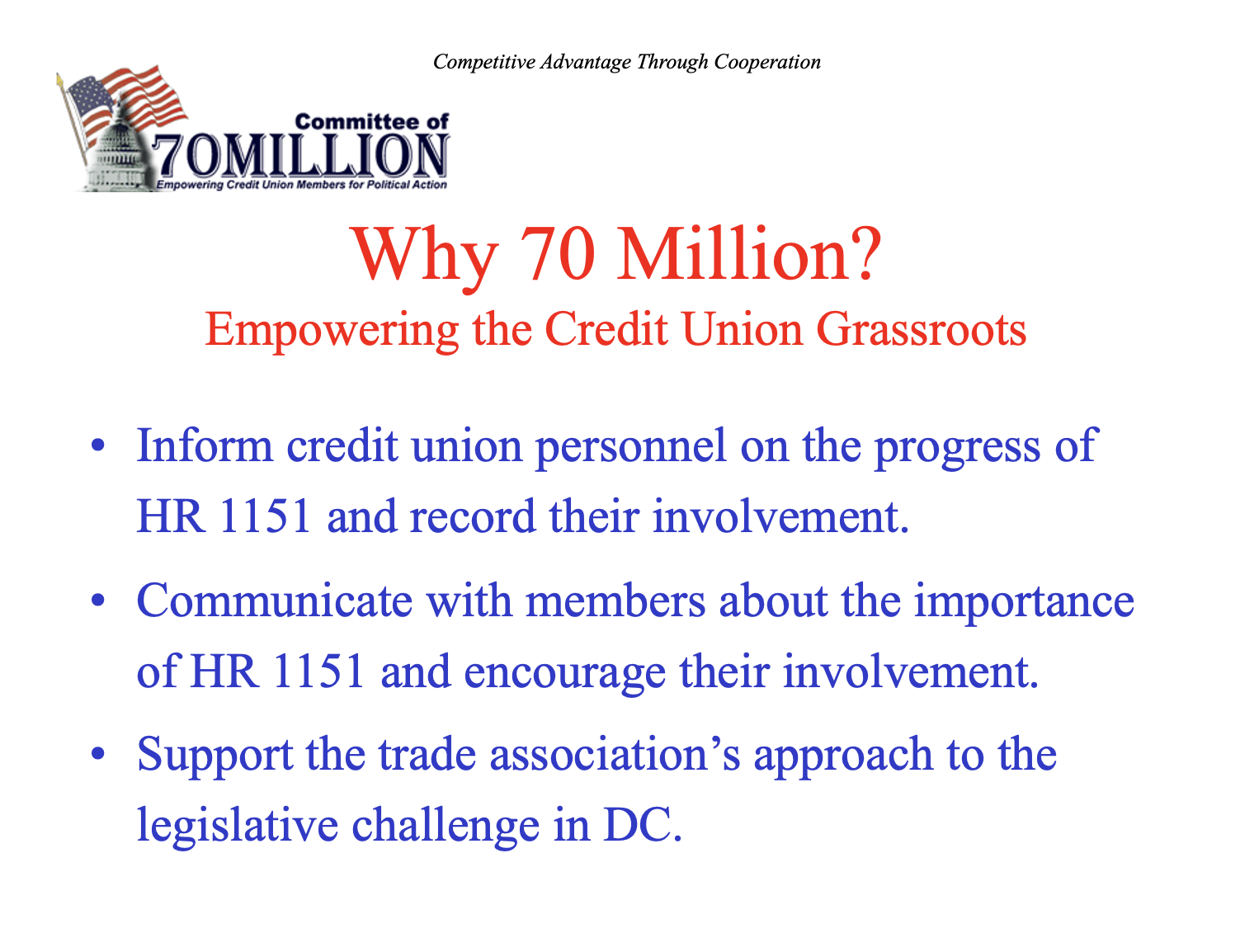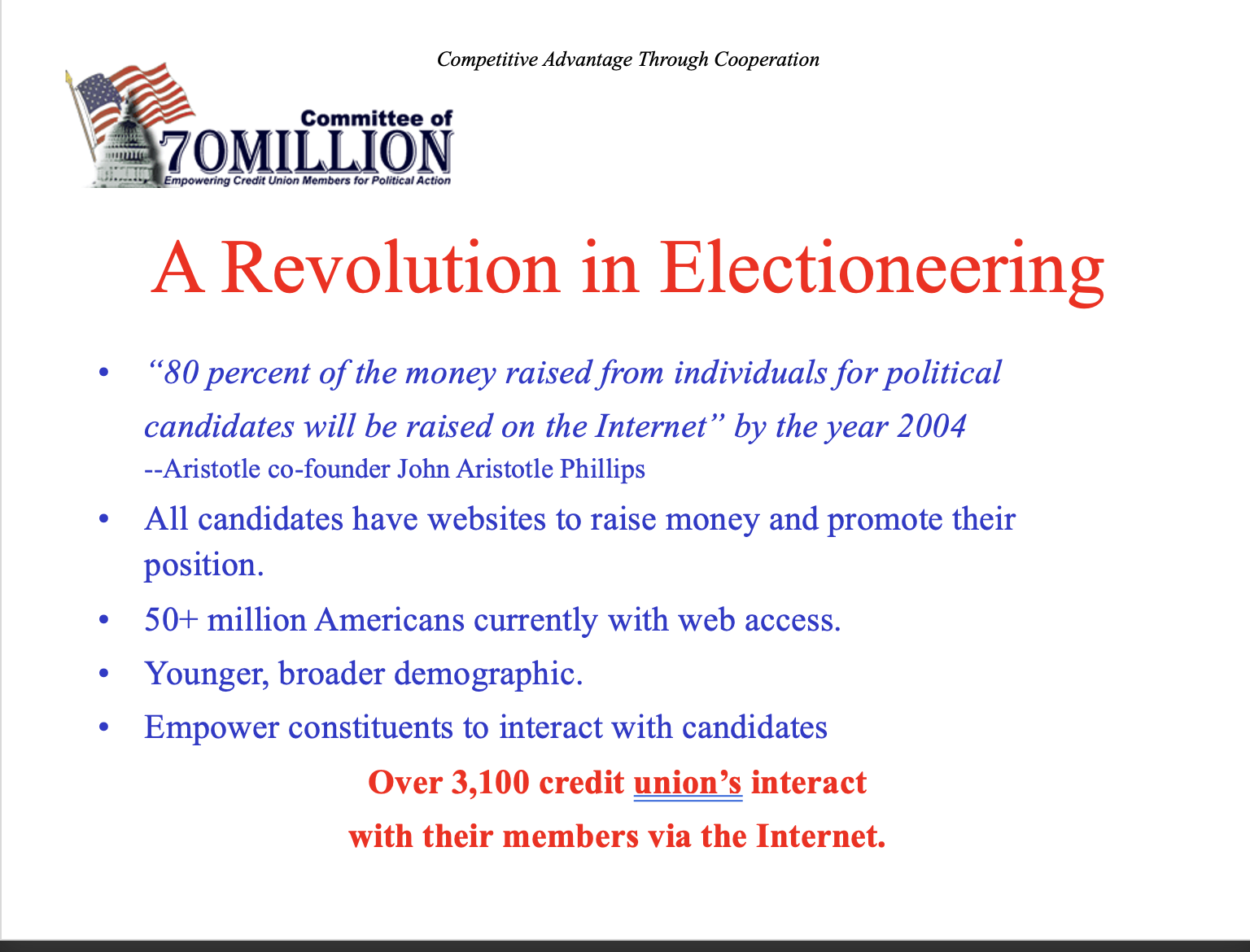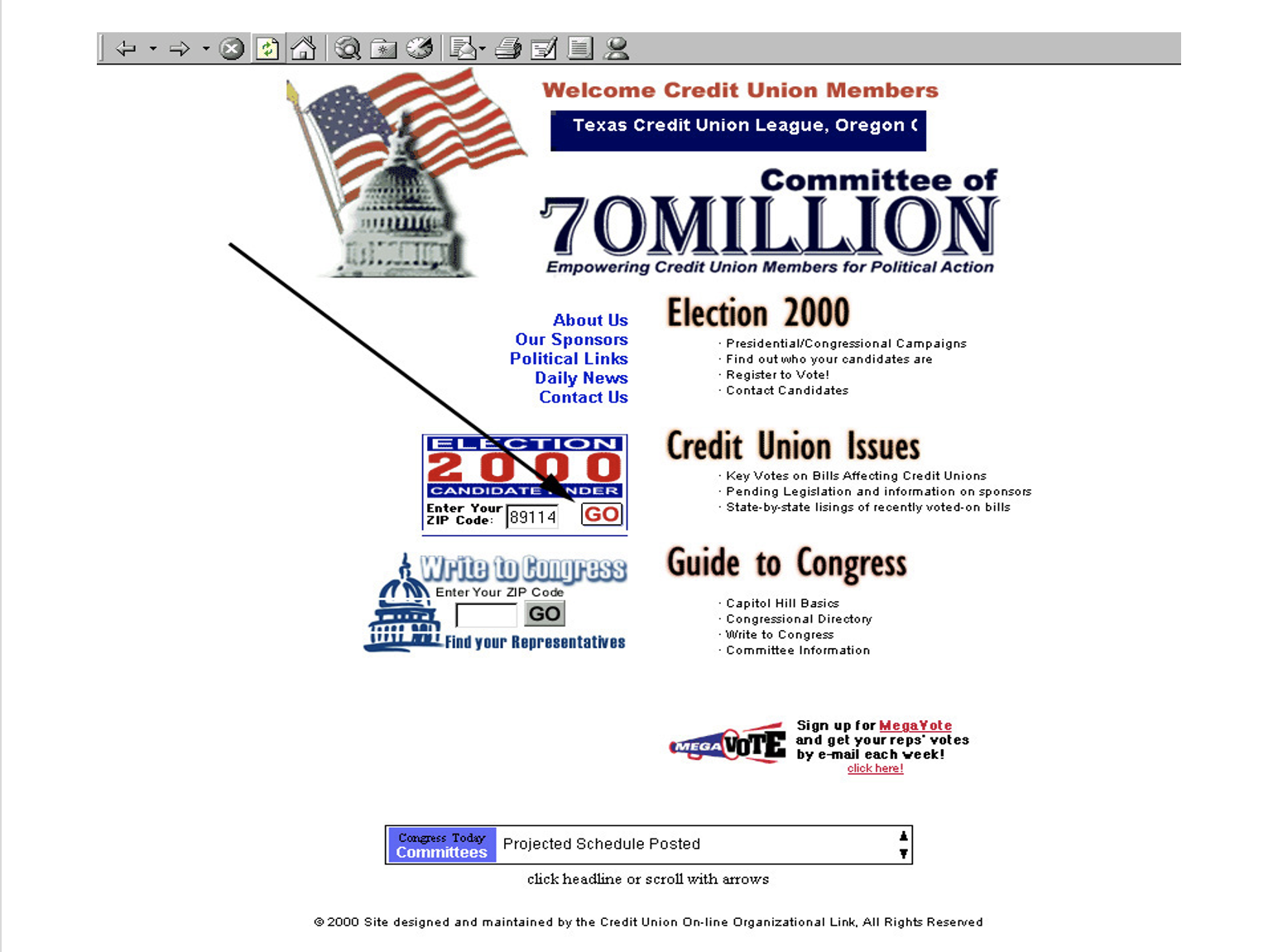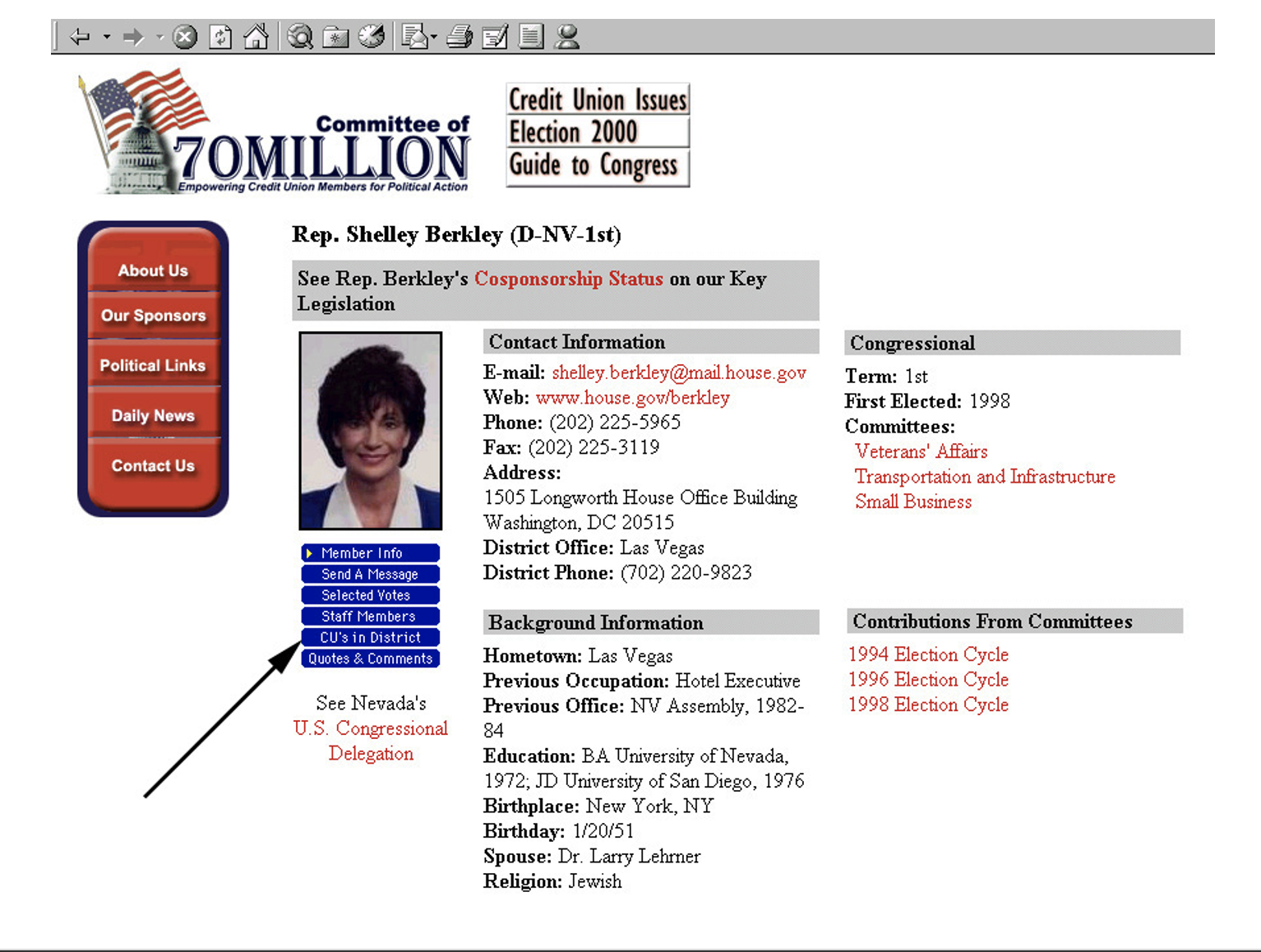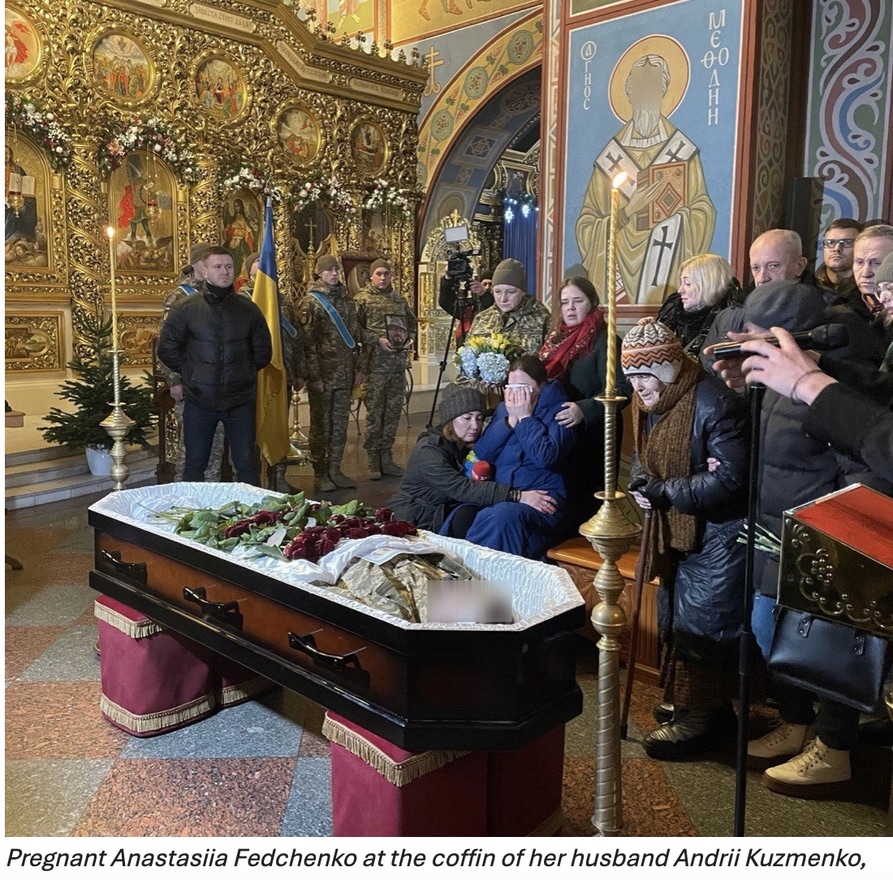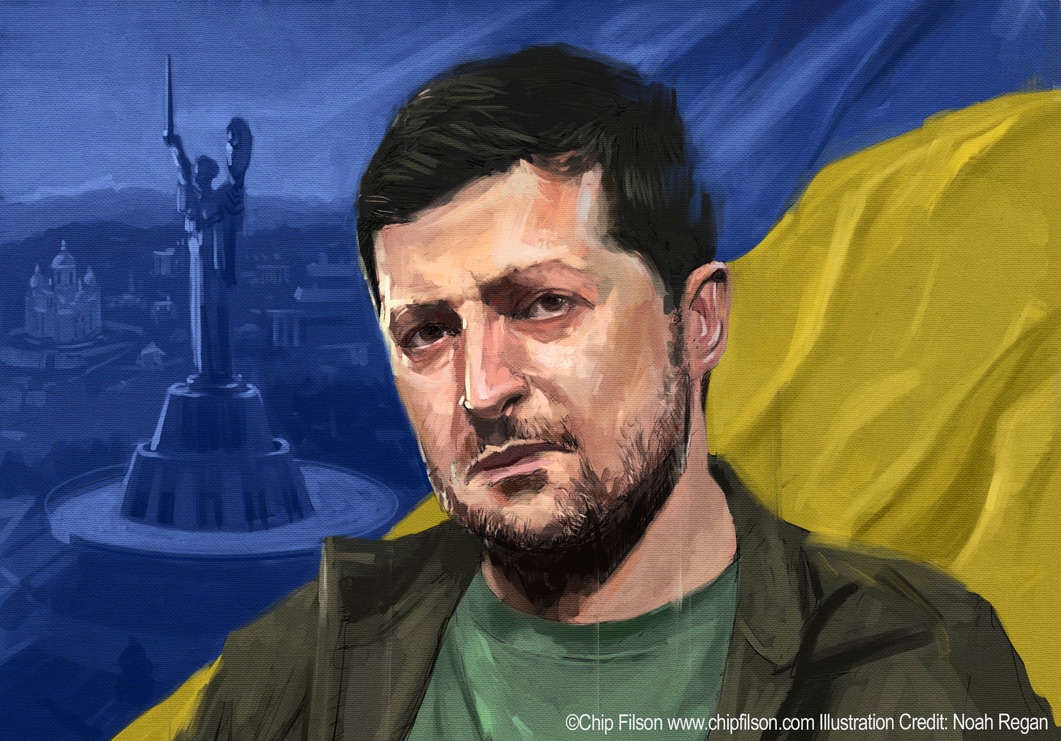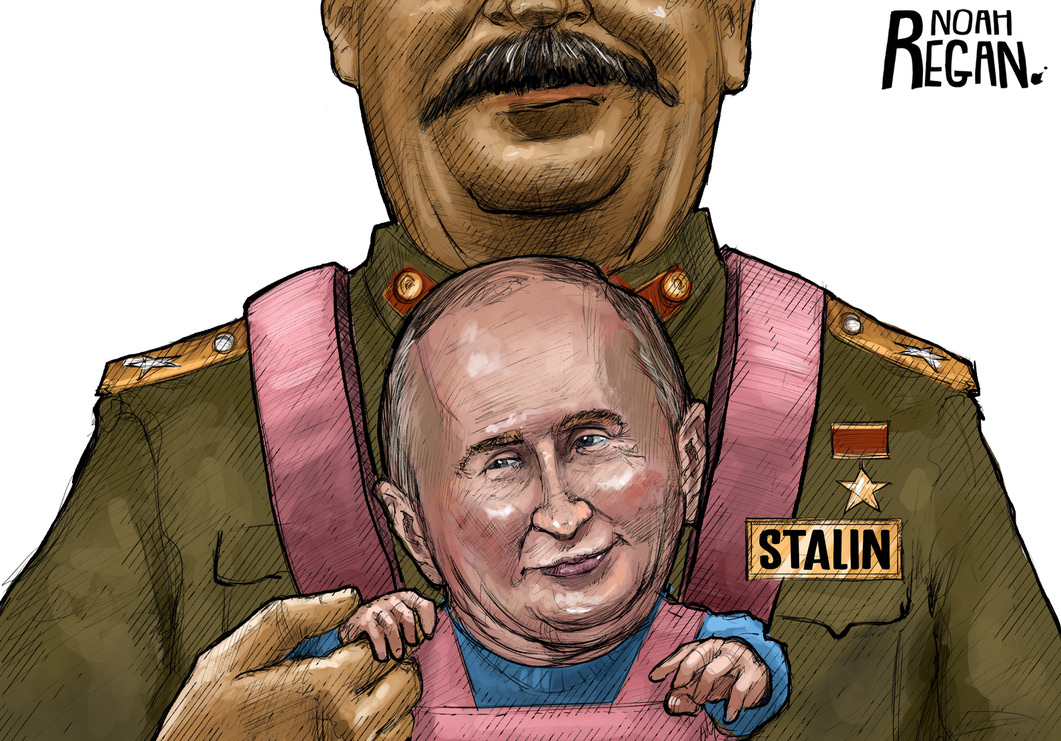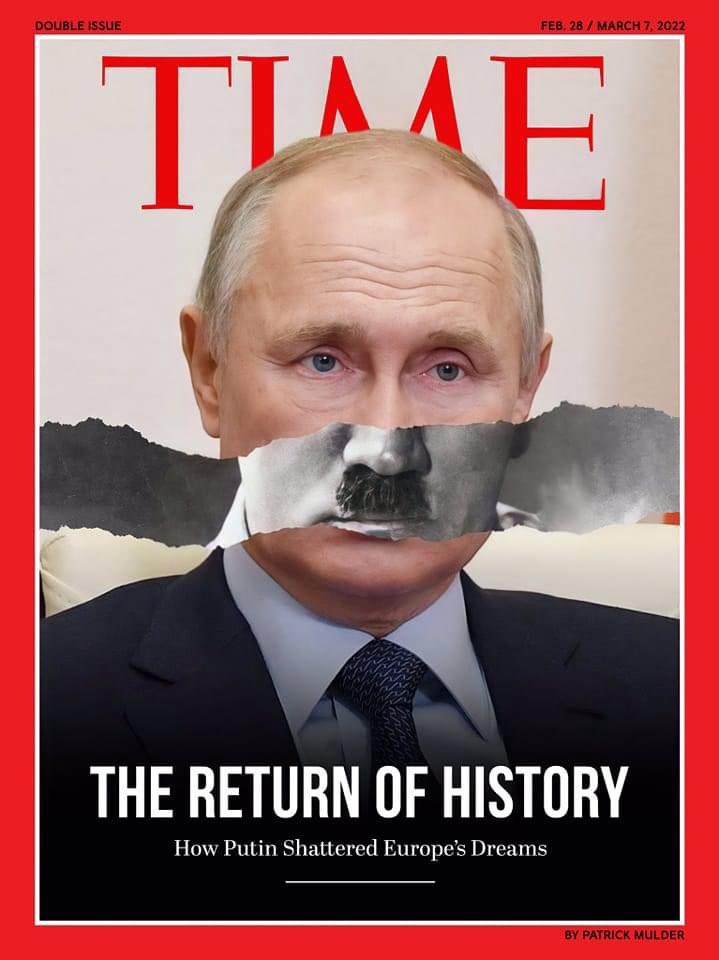Often events for good or otherwise are quickly forgotten. Deeds are overwhelmed by subsequent activity. We want to live in the present, project hope into the future, and allow the past to stay there.
The following is a situation of self-dealing where all the principals are doing their best to help us forget.
The circumstances of the $634 million Finance Center (FCCU) merger with Valley Strong was analyzed in A theft of $10 million or Just Spreading Goodwill, You be the Judge. (January 26, 2022)
The two credit unions’ main offices were 240 miles apart. Prior to the merger, FCCU had reported member capital of over $100 million (17% net worth), a falling loan to asset ratio which at points were below its net worth ratio. The two primary executives, the CEO Michael Duffy and the COO Nora Stroh were brother and sister. They had been in these leadership role since the early 1990’s, They had paid themselves over $1.0 million in compensation in several years prior to the merger. CEO Duffy also served on FCCU’s five-person board.
The member’s Merger Notice contained all the rhetorical promises (consolidation of energy and resources) for a future of better products and expanded services. Bonuses for FCCU’s five senior executives and future employment prospects were presented.
A complicated formula for a member dividend from the credit union’s $100 million net worth was outlined. And, the diversion of $10 million to a non-profit newly organized by CEO Michael Duffy and FCCU’s board Chair Morales, with a ten-year Valley Strong funding commitment of $2.5 million, was presented as a merger benefit.
Post Merger Events
Two years later in January 2024 I wrote a follow up story: The Pied Piper of Area Code 209 or What Happened to the FCCU Members $10 Million?
Part II of the analysis detailed the immediate fall in Valley Strong’s financial performance, the $800,000 in merger bonus payments to four FCCU’s senior executives with their continued “employment” at Valley strong. Their salaries ranged from $353,000 to $1.088 million.
The blog also presented the financial filng of the newly created FCCU2 charity from its initial IRS 990 report. Part II The Pied Piper of Stockton. (February 1, 2024)
In a Game with No Rules (February 2, 2024) two FCCU member’s comments critiquing the merger’s premise and “giving away the member’s $10 million” showed the reality from the owners’ perspective.
California and NCUA regulatory approvals were critiqued. Their combined inaction was more harmful than mere benign neglect. The cooperative system’s fundamental soundness was being compromised. I asserted that credit union mergers have become a game without rules. Longtime, sound credit unions were being transferred out of existence where the only concrete benefits were for the CEO and senior staff who initiated the transaction.
The Continued Self Dealing
The CEO, senior executives and board of FCCU negotiated the merger of their overcapitalized institution in return for $800,000 of immediate bonuses and continued employment in vacuous responsibilities (Chief advocacy Officer, Legacy Ambassador). The undisclosed terms of their future employment compensation and benefits resulted in their receiving $2.5 million in 2022, per the IRS 990 form filed by Valley Strong.
These five senior executives gave up all leadership roles and accountabilities. They no longer report to a board and their performance is not subject to external examination or audits. The team which they supposedly joined is 240 miles distant (Stockton to Bakersfield). But their full pay and more continued.
This continuing compensation was in addition to receiving the benefits from retirement plans they previously awarded themselves in FCCU and reported in the IRS 990 filings.
The FCCU2 Foundation Becomes The 54 Fund
Old habits are hard to change. The continued self-dealing, clothed in philanthropic disguise as evidenced in FCCU’s final years, continues with the diverted $10 million (sic) in members’ equity.
In 2022, the first full year of activity by the newly created 501C3, we learned the following as described in The Pied Piper, Part III:
- Almost $12 million, not the Member Notice amount $10 million, was diverted to the Fund;
- The Fund’s name was changed from FCCU2 to The 54 Fund, distancing itself from its credit union origins;
- The address is no longer at the former credit union’s main office, but 2616 Pacific Avenue #4081. It is a box at the local post office.
- The fund received a $250,00 grant from Valley Strong CU and dividends and interest income of $118.7K (a return of .99% on its $12 million in assets)
- Total charitable donations were $272.5K to 86 local 501 (C) 3’s. That total was much less than the salary that each of the five FCCU executives received individually from Valley Strong.
- For each $1.00 donated, The 54 Fund reported $.38 cents in expenses.
- The 54 Fund’s nine directors were all from the merged credit union: Three former senior FCCU employees, five former directors and Mary Webb, no previous connection noted.
- A former FCCU director Ed Figeroa was paid a salary of $46,667 and is listed working 40 hours per week. He had recently retired as CEO of St. Mary’s Dining Room.
The2023 IRS Filings for The 54 Fund and Valley Strong
In the continuing credit union Valley Strong’s 2023 IRS return, three former FCCU senior executives were still on the payroll earning the following: Nora Stroh $1.662 million; Steve Liega $1.311 million; and Michael Duffy $1.021 million. The two senior “at will” FCCU employees in 2022 were no longer listed.
Stroh’s total compensation was the highest of any credit union employee, and Liega’s the third highest just behind Valley Strong’s CEO. Both former FCCU executives had unusual compensation \structures. Each received salaries less than the prior year 2022. In Valley’s 990 Schedule O listing, Stroh received other reportable compensation of $ 1.332 million and Liega, $971.537.
No other of the 39 Valley Strong employees listed any amount close tp these numbers. This unusual compensation suggests a transfer of some asset other than normal salary/benefits and bonus cash payments.
Even with the two “at will” FCCU employees gone, the three remaining at Valley Strong received total compensation of $3.994 million . That amount was $1.473 million greater than all five together earned in 2022. None of this post merger largess was disclosed in the Member notice as is required by NCUA rules.
Charitable Data Just Once per Year
The effort to transform the FCCU 2 foundation into a non-public, inaccessible entity continued in 2023. IRS filings are required only once per year, often filed late into the next reporting period.
Here are summary totals from The 54 Fund’s first three years filings. 2023’s is the most recent we have.
| Year |
Assets Y/E |
Income |
Expenses |
Grants |
| 2021 |
$11.974 M |
$19.7 K |
$5.2 K |
$0 |
| 2022 |
$12.058 M |
$368.7 K |
$106 K |
$272.5 K |
| 2023 |
$13.302 M |
$592.1 K(1) |
$222 K |
$438.5 K |
(1) Revenue before deducting a $157.5K loss on sale of investments.
As part of its “going dark” operations, the Fund affirms in IRS Part XIV 2 that “the foundation only makes contributions to preselected charitable organizations and does not accept unsolicited requests for funds.”
The Fund has no office or web site. When calling the the telephone listed a recording says an answering machine has not been connected. All directors and the books and records are reportedly held at the single post office box address. It must be a very big box!
I could find no public information about ithe Fund’s activities other than the listing of donations in the IRS filings. I would surmise that many Stockton recipients would be grateful for these annual tokens of manna from this minimalist financial resurrection by FCCU’s former leadership team.
Despite this ongoing lack of pubic information, an analysis of 2023’s filing shows:
- The fund spent 50 cents in administrative costs for every $1 donated to a charity, up from 38 cents in 2022.
- The Fund’s full time employee, Ed Figeroa received total compensation of $110K or two times his earnings in 2022.
- The fund reported cash interest and dividends on its average investment monthly balance of $12,6 million of 2.7%. After subtracting an investment sale loss of $157.5K, the cash return is 1.8%,
- However, the Fund reports its portfolio’s market valuation increased by $1.5 million, This gain accounts for almost all the growth in Fund assets.
- Because the Fund uses cash accounting, the minimum 5% IRS distribution calculation includes only cash received, not the total portfolio valuation. The Fund’s contribution requirement was $625K in 2023. It used only $24K of this amount along with the unused balance of $584K from 2022 to comply with the 2023 distribution test. It carried pver to 2024 the balance of $600K left undonated from 2023.
- The Fund’s $115k increase in operating expenses includes, besides doubling its one salary, expenses including events of $28.3K and office and software expense of $5.6K although no physical office address is listed.
In summary, the Fund distributes only the bare minimum required by the 5% IRS test. It grew total assets by over $1.3 million from increases in the market value of investments. Operating expenses rose at a faster pace than contributions.
The Ten Year Plan
The Fund has received two $250,000 initial payments from Valley Strong as part of a ten-year $2.5 million pledge reported in the Member Notice. This planning suggests he Fund never intended to distribute all of its assets. Instead it has become a personal petty cash account for a rump group of former FCCU leaders to further an impression of public philanthropy-with members money.
The 54 Fund’s financial giving meets only the minimum IRS contribution requirements. This charity is a closely held, unelected, private entity with no public accountability. The former CEO of FCCU keep the books. His self selected previos directors make all decisions. The purpose continues their pevious public performance as Stockton philanthropists. But it is not their money they use but the former member owners of Finance Center Credit Union which they closed down.
Similar to the final five years of the credit union’s operations, the Fund has became a personal platform for promoting Michael Duffy. It is not resolving the needs of the former member-owners of the credit union or the Stockton community with its multiple, tiny token grants.
FCCU’s senior executives and board negotiated a merger that rewarded their own self interest, not the members’ well being. The 2023 extraordinary compensation Valley Srong paid to two of the former FCCU senior executives was not disclosed in the Member Notice. This failure was on top of the additional $2.0 million sent to the new Fund versus the $10 million listed in the Notice.
A Continuing Failure of Fiduciary Responsibility
This continuing saga of self-dealing was designed by the CEO of FCCU, but was enabled by the Valley Strong Board and CEO. They only had eyes on the prize of free capital and a $630 million asset transfer. The inaction of NCUA and California state regulators who approved this deeply cynical transaction is a critical failure of supervisory responsibility.
Cooperative mergers, for a number of CEO’s, have become a Game with No Rules. It is whatever one can get away with in private deal making. There is no added value for members. just future promises. Board members approve these transactions and payments oblivious to their fiduciary obligations. The process of members voting is nothing more than a sham. Regulators routinely approve communications that lack any meaningful substantive disclosures. Those who benefit from the event control the entire member manipulated voting approval.
When is Enough, Enough?
This continuing blight on the cooperative system undermines the basic foundation for the soundness of any financial system: the trust of the users.
This is however an opportunity for cooperative leaders to demonstrate both moral and common sense clarity. Who wlll stand up and say “enough is enough”?
Without leaders’ voices, this rampage will continue. The future of an alternative cooperative system is at stake. But not from political change from DC, but rather from internal decay.
Some credit unions act out the belief that their future is the same as that of the for profit, self-interested commercial competitors. But this internal corruption is only succeeds until members see the reality behind these tortured transaction. Their response may be either fire (anger) or ice (apathy). Both are equally fatal to the member-owned model.

